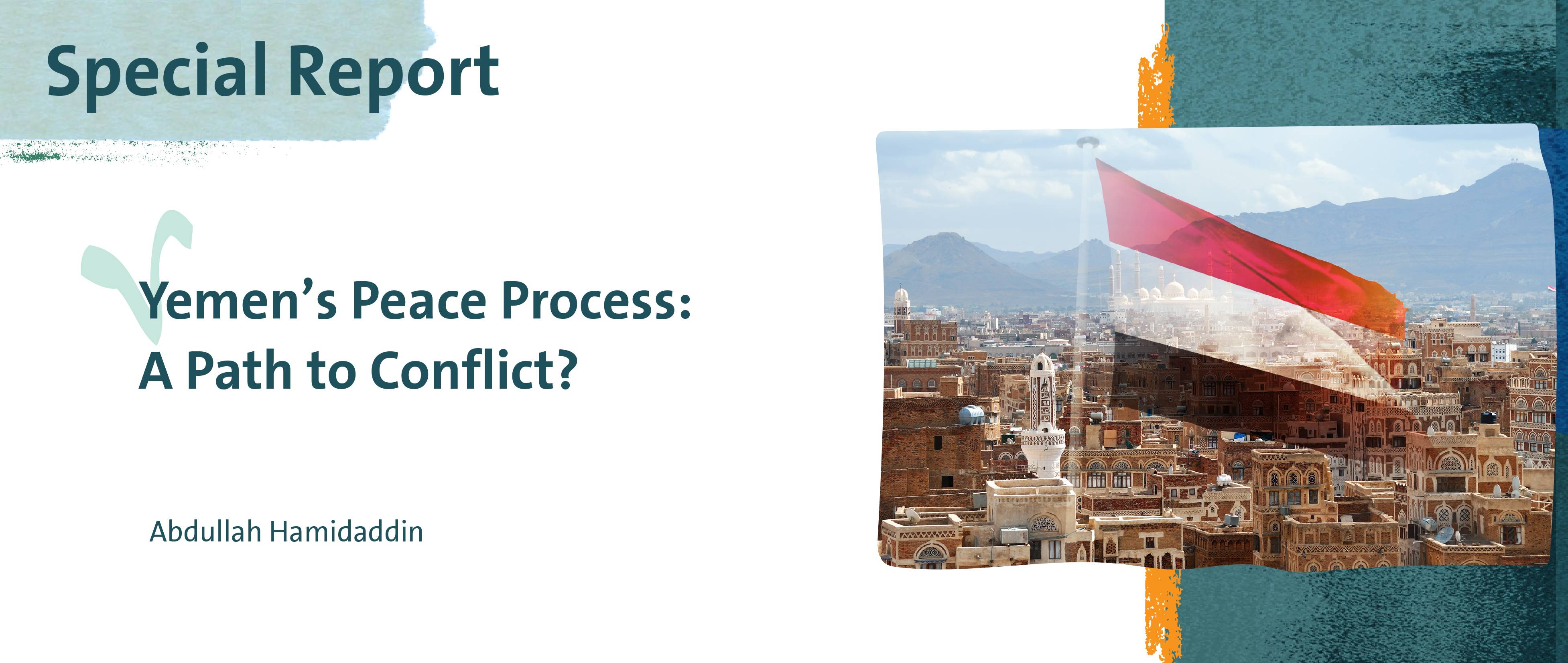Yemen’s Peace Process: A Path to Conflict?
This paper considers the various risks to a sustained peace in Yemen and the possibilities of a continuation of the conflict by other means, focusing on factors that may be unintentionally generated by the peace process itself. These factors include the quest for inclusiveness and transitional justice, both of which have the potential to legitimate and institutionalize conflict-generated fault lines and identities, creating new obstacles to stability and expanding the field for contentious politics amongst the powerful, incubating new militant expressions of grievances. The paper also focuses on a risk that is not given sufficient attention, namely dehumanization, which has intensified between Yemeni factions in the past few years, encouraging mutual aggression and decreasing moral inhibitions against the perpetration of violence in the post-war period. This dehumaniziation will likely mark the relationship between Yemeni actors with fear of the “Other,” alongside perpeutuating perceptions of mutual threat. The paper suggests that a first and important step to mitigating the risks of post-war conflict is to designate an individual or entity to focus solely on the post-war phase, providing space, time and encouragement for dialogue on the post-war situation between all stakeholders.
This report is available in Arabic only. Its English version has been published in “The Cairo Review of Global Affairs.”

